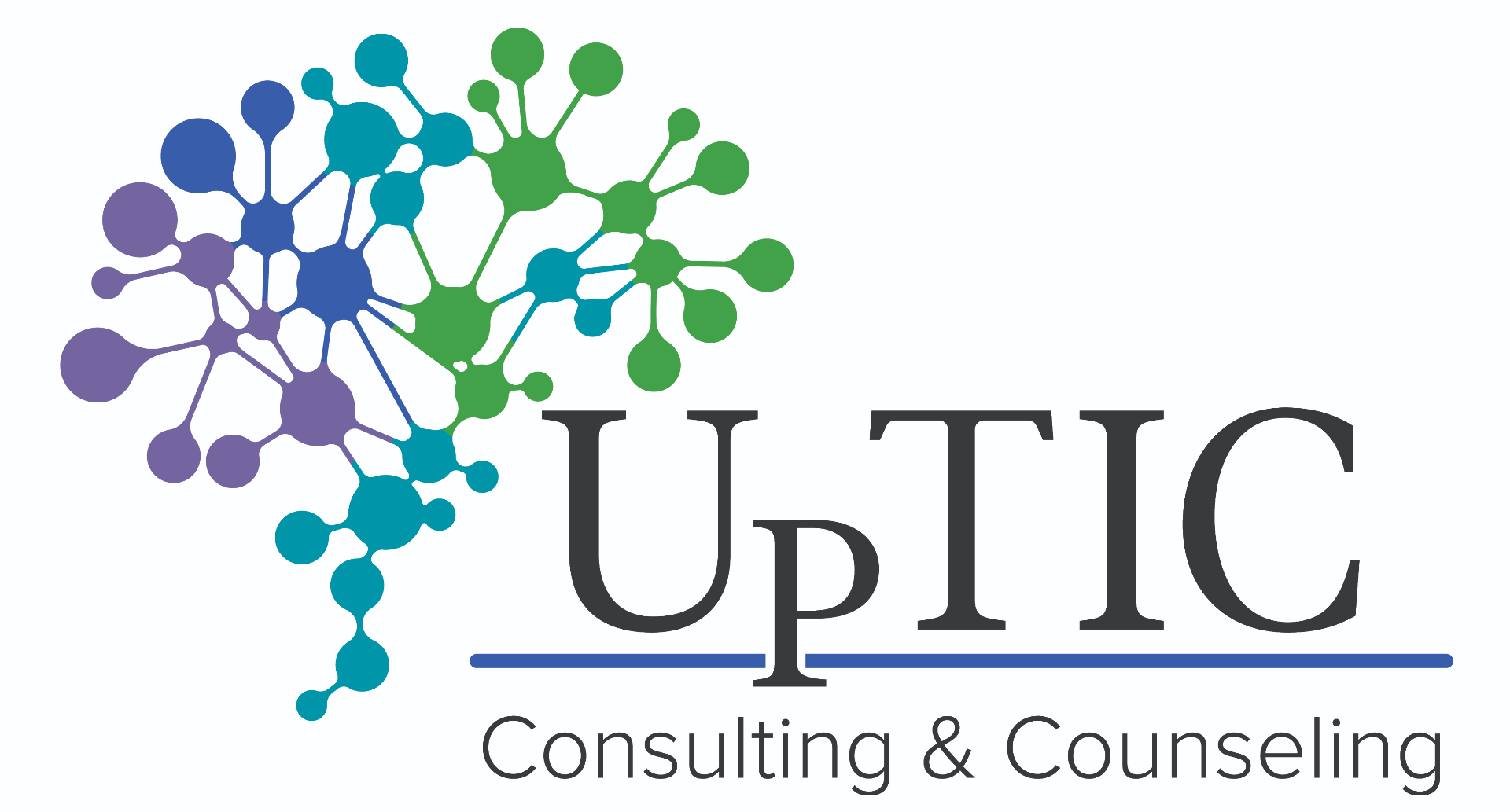Child & Adolescent Counseling
Is your child/teen under a lot of stress?
Do they seem to be struggling, and you don’t know how to help?
Has your child/teen experienced some sort of trauma they cannot seem to shake?
Life’s stressors affect even the youngest. Children and teens face pressures that can lead to emotional and behavioral difficulties. When given an environment where a child feels safe and accepted, their walls will come down, and healing can begin. UpTIC is here to help guide your child/adolescent through whatever struggles they face. UpTIC offers support to you, as the parent or guardian, as you navigate raising a child.
Therapy services are offered for children as young as 2 years old.


